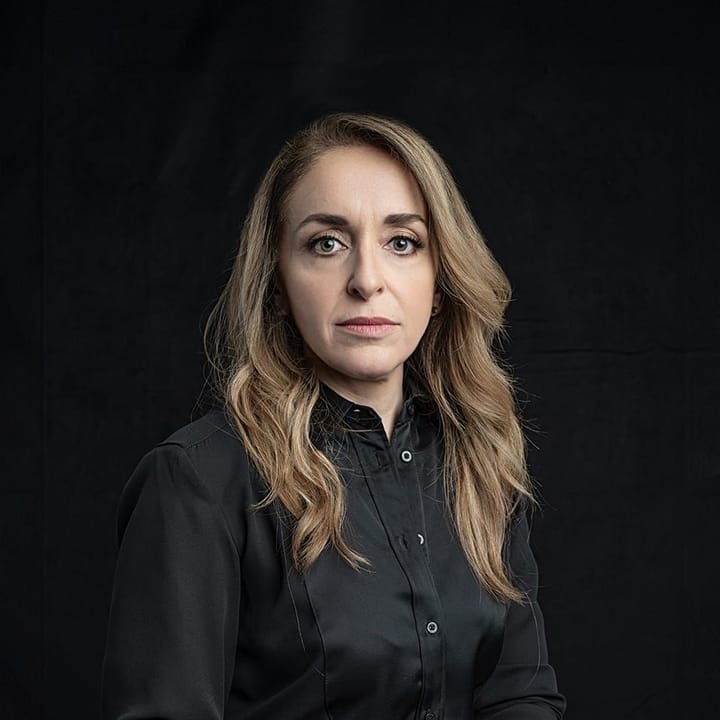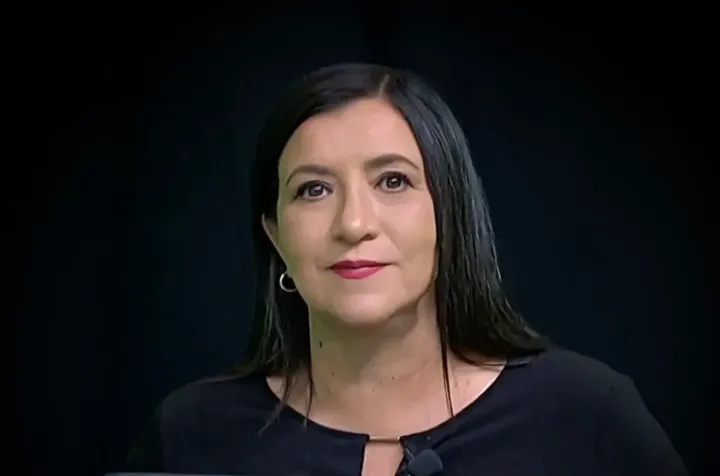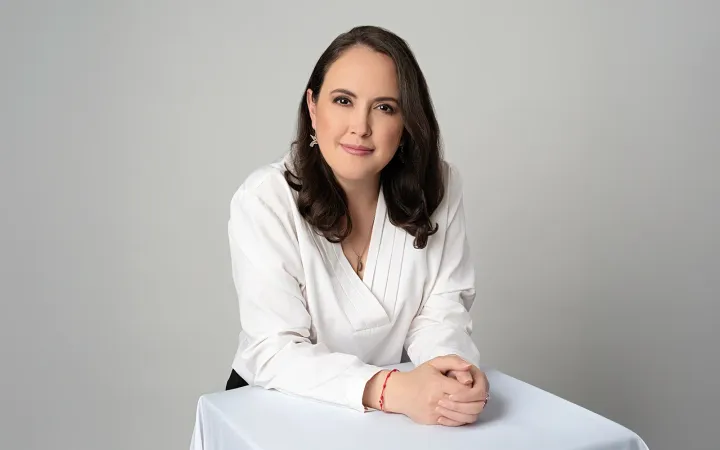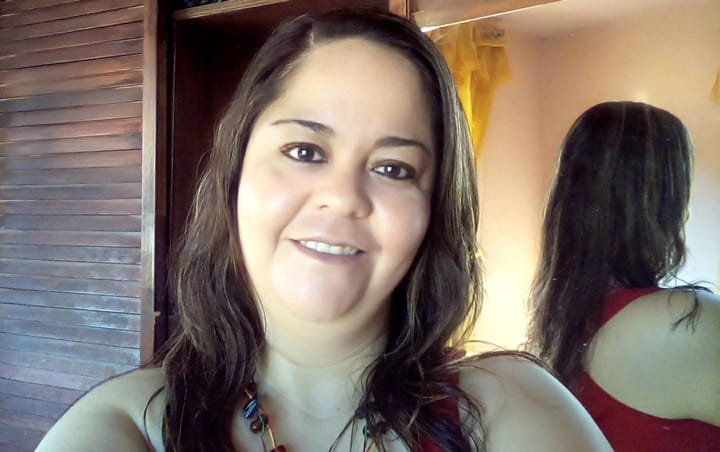Por Bárbara Anderson
Ayer terminaron los Juegos Paralímpicos París 2024.
Primero, lo bueno:
● Es el momento en que muchas personas sin discapacidad se asoman a conocer otras condiciones de vida, a deportistas de alto rendimiento en justas deportivas sumamente exigentes.
● Hubo una mejor cobertura que en ediciones anteriores, aunque no de todas las 22 disciplinas, lo cuál hubiera sido un genuino acto de inclusión.
● Las cuentas en redes sociales del Comité Paralímpico Internacional se animaron a jugar con el humor (no negro, por cierto) alrededor de los atletas y las competencias. Fue una gran polémica sobre todo en su cuenta de Tik Tok, pero se manejó con una sutileza que los propios deportistas con discapacidad viralizaron los memes.
● La apertura fue emotiva en el buen sentido desde la música, las performances y la inclusión de la transversalidad de la naturaleza humana estaba ahí: lejos de la polémica de la ‘última cena drag’ de la apertura de los juegos estándar, tener personas de la diversidad sexual fue un guiño que se agradece.
● El equipo Paralímpico de Atletas Refugiados duplicó su presencia versus Tokio 2020. En esta edición fueron 8 atletas de seis países, que representan a 120 millones de personas desplazadas por la fuerza en todo el mundo.
México
● El monto de dinero destinado a premiar a los atletas paralímpicos es el mismo que para los atletas olímpicos: 3 mdp para oro, 2 mdp para plata y 1 mdp para bronce.
● Por primera vez se sumó al equipo paralímpico a una atleta con discapacidad intelectual: Citli Salinas, en natación.
● 11 marcas se asociaron con el Comité Paralímpico Mexicano (Copame) y aportaron en total 10 mdp (un cuarto del presupuesto estatal): Toyota, Bimbo, Uber, Mostkoff, Allianz, CitiBanamex, Titan Sports, Coca-Cola, P&G, Meta y Allianz.
Lo malo
A nivel general:
● Fueron menos los deportistas que llegaron a los juegos en esta edición: 4,400 versus 4,520 en Tokio 2020 (a pesar incluso del impasse de la pandemia que quitó tiempo de preparación)
● París no cumplió con su promesa de convertirse en una ciudad plenamente accesible: si bien la Villa Paralímpica fue un despliegue de accesorios y adecuaciones, en el resto de la ciudad no. Solo 25% del sistema de transporte público es accesible, y 4 de cada 10 edificios públicos eran de pleno acceso.
Con México:
● Los atletas mexicanos, debieron entrenarse en un sexenio donde la promoción al deporte fue marcada por la restricción presupuestaria, el desorden administrativo y la falta de coordinación con federaciones deportivas. Desde 2018, el apoyo al deporte de alto rendimiento ha disminuido en más de la mitad de acuerdo con México Evalúa.
● No hay cantera de nuevos deportistas. Solo 20% de los que fueron a París estaban debutando. Como publicó en su columna Nelson Vargas días atrás: “los deportistas son muy longevos y la metodología para su evolución no ha avanzado. Si bien, esos grandes veteranos siguen haciendo buenas cosas e incluso ganando medallas, hay que desarrollar talentos”
● Si en los colegios mexicanos 48% de las escuelas primarias y 69% de las secundarias no cuentan con profesores de educación física, menos aún existe para alumnos con alguna discapacidad esta posibilidad de desarrollo deportivo
● El país no cuenta con equipos deportivos paralímpicos (fútbol, voleibol sentado, rugby, goalball o basquetball). El entrenamiento y los apoyos se enfocan solamente en deportes individuales siendo los acuáticos los que monopolizan sobre otras disciplinas.
● Caímos en el ranking internacional de Paralímpicos: en Tokio 2020 quedamos en la posición 19 del mundo, con 22 medallas (7 de ellas de oro) y en esta edición bajamos a la posición 30 (con solo 3 medallas de oro).
Lo de siempre
Los perfiles de cada uno de los participantes y ganadores en los Paralímpicos comenzaban con ‘a pesar de ….’ “ fue abandonado por su familia debido a su discapacidad, sin embargo..”, “ el destino no pudo con su resiliencia”... “ la fuerza de voluntad pudo más que la falta de sus piernas”, …”contra viento y marea, ella logra una medalla a pesar de…”.
Estas son las narrativas capacitistas, las crónicas desde la ‘normalidad’ mirando con asombro la discapacidad.
Son discursos donde el foco es que ‘los obstáculos y las barreras los hicieron quienes son’, cuando en realidad son grandes atletas a pensar de las barreras.
Volver heroica a una persona porque nada con un solo brazo, invalida todo el esfuerzo que realizó, todos los ‘no’ que se topó en el camino, le quita valor a su disciplina y su preparación de alto rendimiento sin el mismo apoyo que cualquier otro atleta en países donde el deporte no importa excepto en la semana de estos eventos internacionales.
Se trata del famoso ‘porno inspiracional’ (y me encanta cuando lo digo, ver a cejas levantarse de manera sospechosa). Este concepto lo impuso una activista australiana Stella Young donde explicó el error de usar la discapacidad de una persona como fuente de inspiración para el resto de la sociedad. La discapacidad se concibe desde lo negativo y como algo no deseable, por tanto, vivir con una te convierte en un ser excepcional que motiva inspiración en el resto de la sociedad. “Yo no sé si podría hacer arquería como ella ¡que ni brazos tiene!
Existe aún este tipo de narrativa sobre la superación de la discapacidad basada en la idea de que la discapacidad es algo malo que debe superarse.
Una deportista alemana en una entrevista al final de colgarse su medalla de oro en París dijo: “Si vas a inspirarte en mí, déjate inspirar por el hecho de que tengo cuatro títulos universitarios, que tengo 39 años y estoy en la mejor forma de mi vida, y que estoy defendiendo a las mujeres en el deporte. Pero no quiero inspirarte porque, ‘Oh, mira, ella superó el accidente que tuvo con una motoniveladora”.
En una radio de París hicieron una encuesta para saber por qué la gente veía los Juegos Paralímpicos: la gran mayoría lo hacía para ver a las personas superar sus discapacidad y no para ver deporte de élite.
Ustedes, ¿vieron los Paralímpicos? ¿con qué intención?

Las opiniones expresadas son responsabilidad de sus autoras y son absolutamente independientes a la postura y línea editorial de Opinión 51.






Comments ()